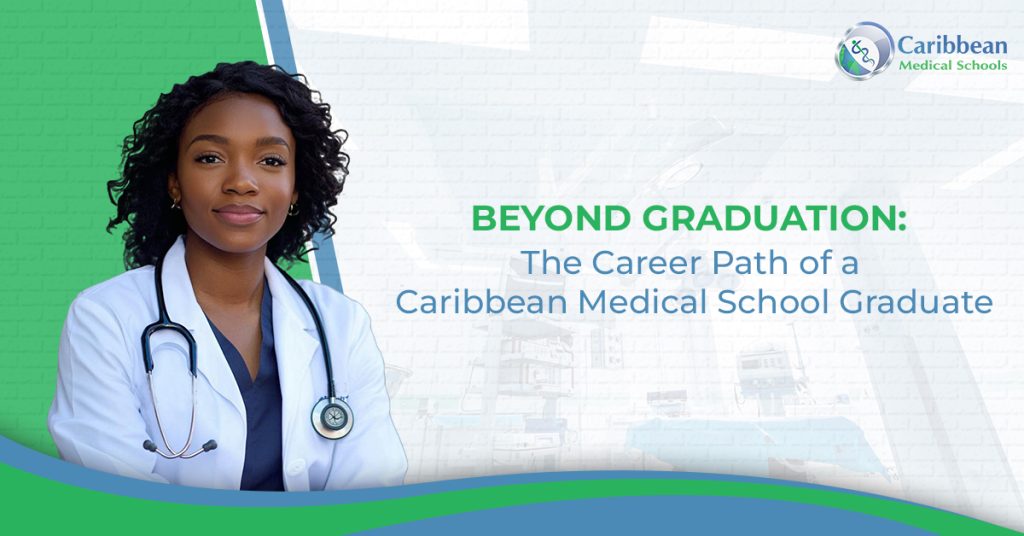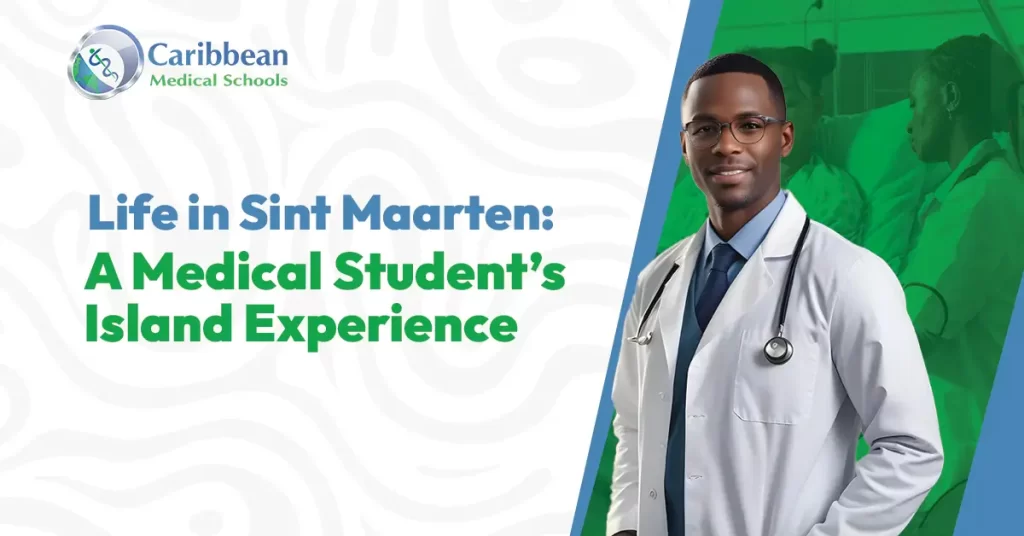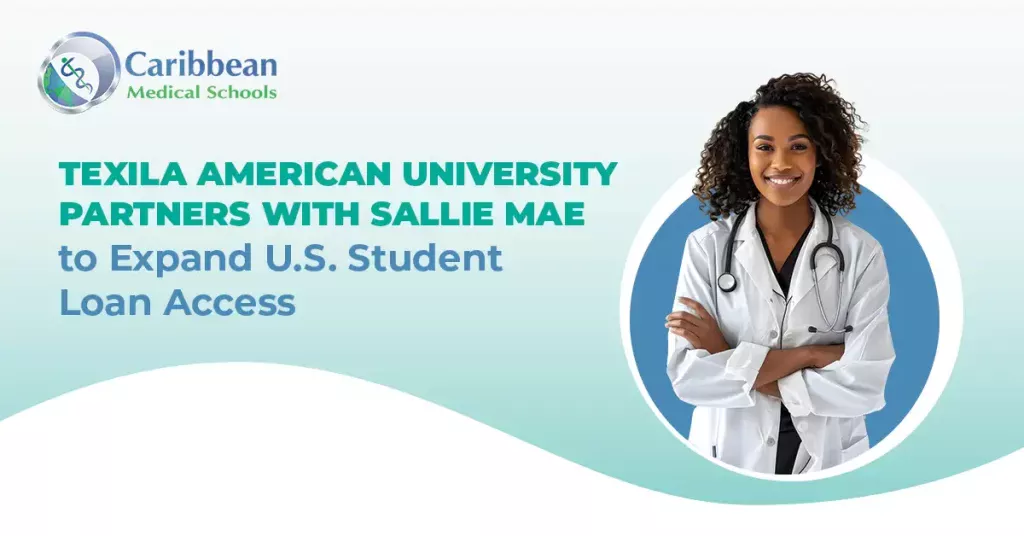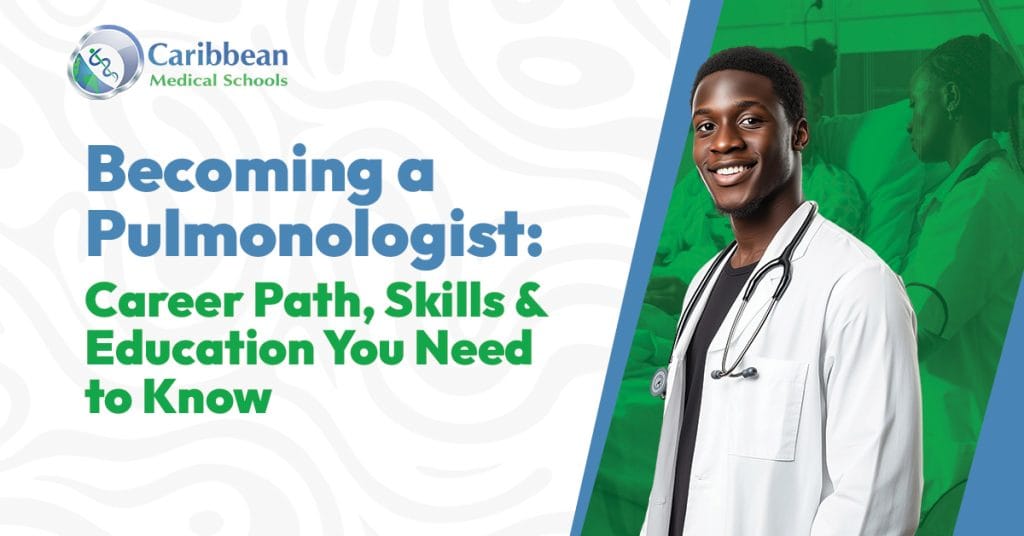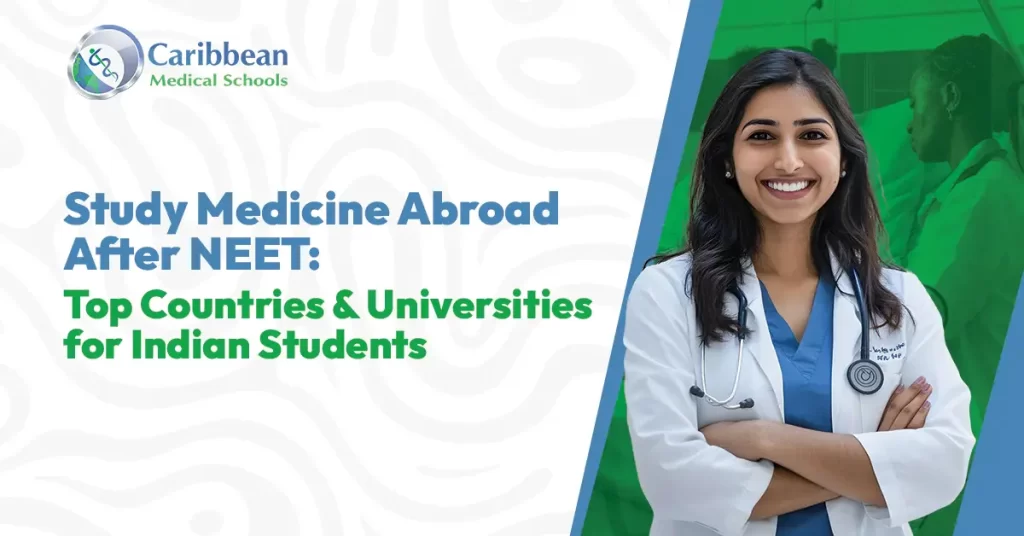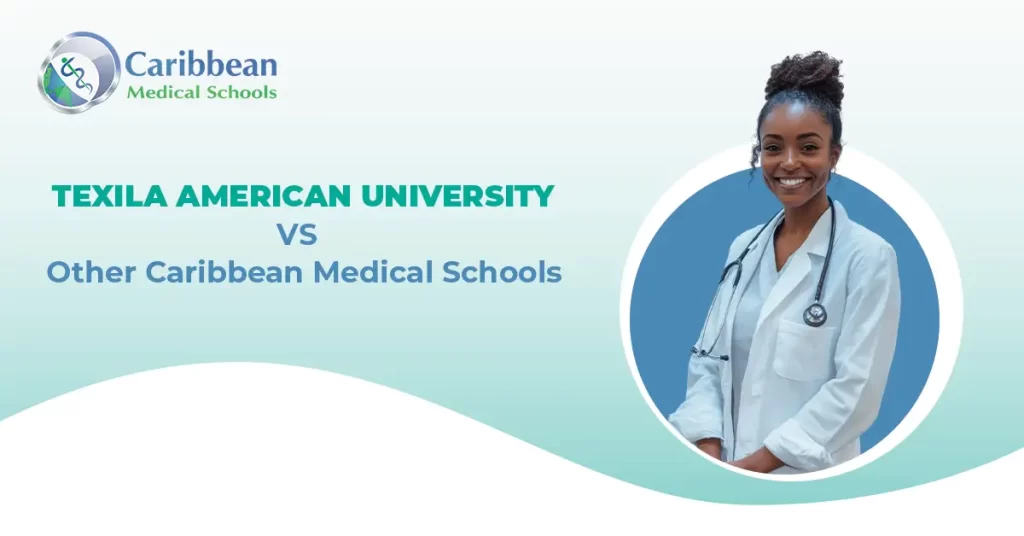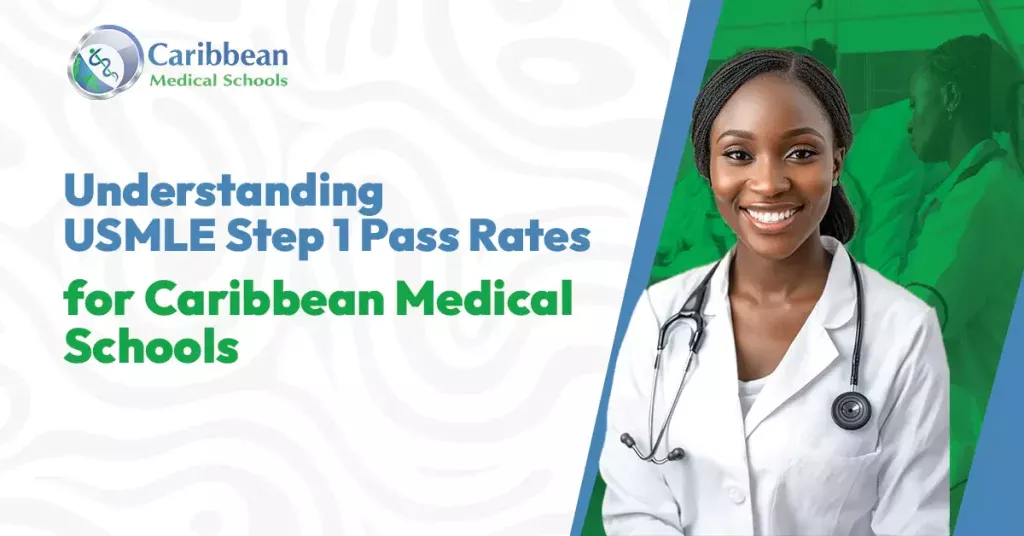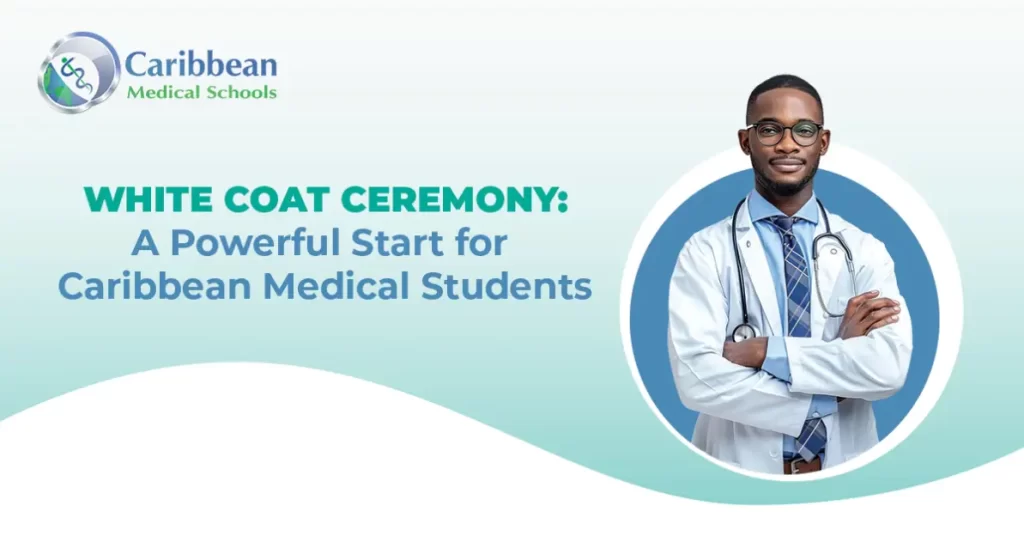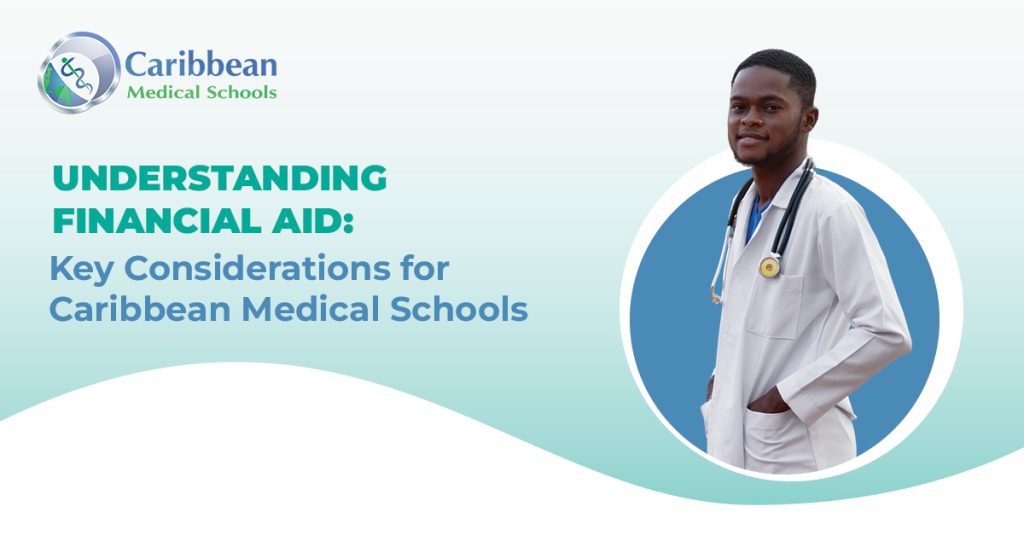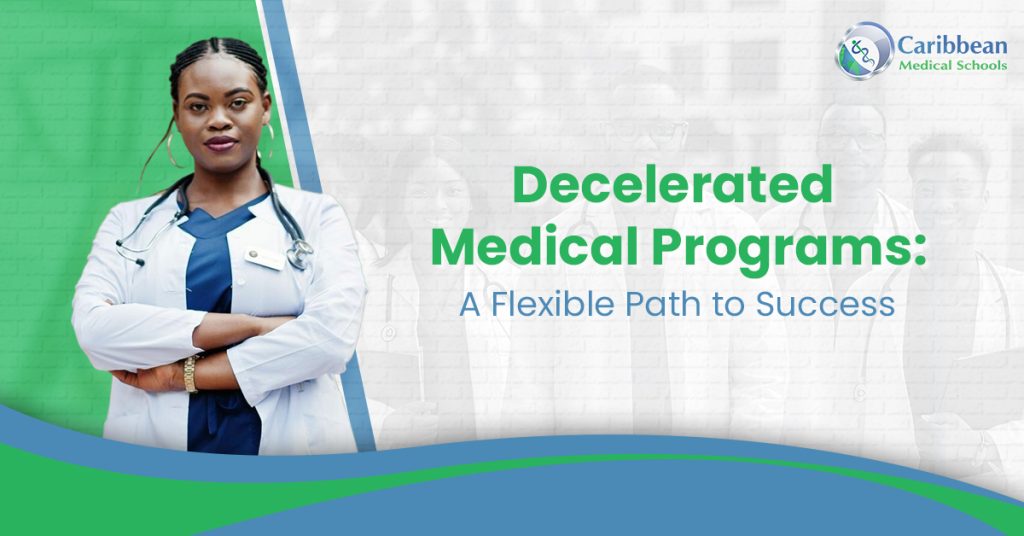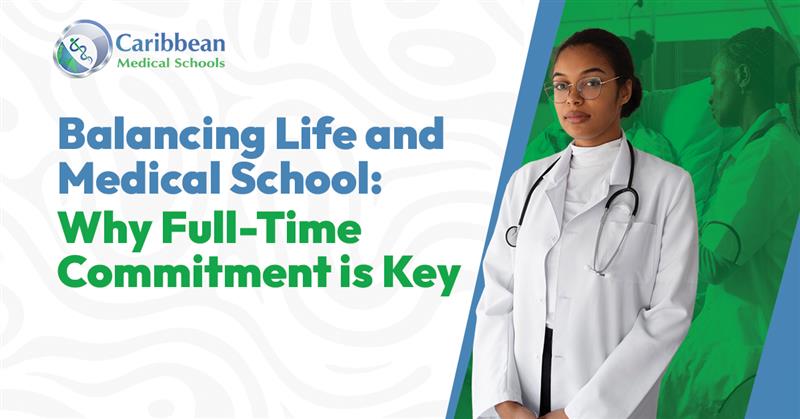Graduating from a Caribbean medical school is a major accomplishment, signaling the beginning of a fulfilling yet demanding path in the field of medicine. Caribbean-trained physicians are renowned for their adaptability, resilience, and dedication, cultivated through extensive clinical exposure and diverse educational experiences. After graduation, these doctors navigate a series of critical steps—each contributing to their growth as skilled and compassionate healthcare providers. Here’s a look at the career path of a Caribbean medical graduate and the various roles they fulfill, from residency to broader career opportunities in healthcare.
Table of Contents
Residency Programs: The Essential First Step
For most Caribbean medical school graduates, the journey begins with securing a residency position. Residency training is an intense period of hands-on learning that lasts between three to seven years, depending on the specialty chosen. Common residency fields include internal medicine, family practice, pediatrics, and surgery. During this time, graduates work under the guidance of experienced physicians, gaining valuable clinical skills and deepening their understanding of patient care in real-world settings.
The comprehensive clinical training received by Caribbean graduates during medical school often sets them apart. Many have honed their skills through rotations in hospitals across the U.S., Canada, and sometimes within the Caribbean itself. These residency programs not only build technical expertise but also foster the ability to think critically and respond effectively under pressure, preparing graduates to handle the complexities of patient care. Residency is a demanding stage, but it equips Caribbean-trained doctors with the proficiency and confidence to thrive in a range of healthcare settings.
Licensure: A Vital Credential for Independent Practice
Completing residency is a major milestone, but before practicing independently, graduates must obtain medical licensure. In the U.S., this involves passing the United States Medical Licensing Examination (USMLE), a challenging exam that evaluates a physician’s medical knowledge, clinical skills, and ability to practice safely. Canadian-bound graduates must take the Medical Council of Canada Qualifying Examination (MCCQE), a similarly comprehensive test designed to ensure quality care.
Licensure is essential not only for legal practice but also for earning the trust of patients and colleagues. These exams test the knowledge, experience, and patient-centered approach Caribbean graduates bring to their roles, confirming their readiness for the varied demands of modern healthcare. With licensure, graduates can pursue careers in hospitals, private clinics, and specialized facilities, assured in their capability to address a variety of patient needs and manage intricate medical cases.
Serving in Primary Care and Rural Health
Many Caribbean-trained physicians are drawn to primary care, a field that allows them to make a meaningful impact by offering comprehensive care to individuals and families. Caribbean medical programs often emphasize general medicine and family practice, preparing graduates to serve in primary care roles in diverse settings. For those interested in underserved or rural areas, this background is particularly valuable.
Primary care physicians are crucial to the healthcare system, tackling both acute and chronic health concerns while advocating for preventive care. This type of work can be both challenging and deeply fulfilling, especially in communities where access to healthcare is limited. By choosing primary care, these doctors develop long-term relationships with their patients, becoming trusted caregivers and advocates for community health. In doing so, they help bridge healthcare disparities and make a lasting difference in the lives of the people they serve.
Specialization and Advanced Training
While many graduates find fulfillment in primary care, others choose to pursue specialized fields, where additional certifications and advanced training can help refine their skills. Caribbean medical school graduates have access to a wide array of fellowship opportunities and specialized training programs, ranging from emergency medicine and cardiology to oncology and anesthesiology. These specialties require a high level of dedication, as training can take several additional years and involves both practical and academic learning.
Specializing allows graduates to focus on specific medical fields and gain expertise in areas of high demand, such as surgery, radiology, or critical care. Advanced training can also lead to opportunities in academic medicine, enabling graduates to contribute to clinical research, mentor future physicians, and stay at the forefront of medical advancements. Specialization is ideal for those passionate about a particular aspect of healthcare, providing a pathway to impactful and often highly respected roles in the medical community.
Broader Career Opportunities Beyond Clinical Practice
Caribbean medical school graduates enjoy a wide range of career opportunities beyond traditional clinical roles. Increasingly, these professionals are branching out into fields such as public health, medical research, teaching, and healthcare administration. This versatility reflects the comprehensive education Caribbean graduates receive, preparing them to adapt and excel in diverse settings.
For example, graduates with a passion for research may join academic or clinical research teams, contributing to new findings in epidemiology, infectious disease, or healthcare technology. Some may choose to take on teaching positions, sharing their knowledge by training the next generation of healthcare providers, whether in the Caribbean or at international institutions. Additionally, some graduates are drawn to healthcare administration, where they can work on policy-making, hospital management, and improving healthcare delivery systems.
Private Practice and Entrepreneurship
For those seeking independence and flexibility, private practice is a common and appealing career path. Many Caribbean medical school graduates are well-prepared to establish or join private practices, often forming close-knit patient relationships in local communities. Private practice enables physicians to exercise greater control over their work environment, schedule, and patient care approach, making it an attractive option for those looking to tailor their practice to meet specific community needs.
Moreover, an increasing number of graduates are exploring entrepreneurial ventures within the healthcare sector. These doctors leverage their medical expertise to innovate solutions such as telemedicine, healthcare consulting, and medical technology. Telemedicine, in particular, ha gained traction as a means to address healthcare accessibility, allowing graduates to reach underserved populations and provide essential services remotely. Caribbean graduates are uniquely positioned to lead in these areas, offering a blend of clinical acumen and creative problem-solving to address pressing healthcare needs.
Serving Internationally: A Global Impact
Graduates from Caribbean medical schools often have global career ambitions. Their education, which includes exposure to diverse clinical environments and patient populations, makes them well-suited for international healthcare roles. Many graduates pursue opportunities abroad, joining global health organizations, nonprofits, and public health initiatives to make a difference on a larger scale.
By working internationally, these physicians contribute to efforts in disease prevention, health education, and crisis response, playing crucial roles in improving healthcare standards around the world. Entities such as Doctors Without Borders and the World Health Organization welcome graduates who can adapt to challenging environments and address the complex healthcare needs of diverse populations. This global perspective not only enhances their careers but also amplifies their impact, making Caribbean graduates invaluable in addressing healthcare gaps worldwide.
Final Thoughts: Embracing a Diverse and Impactful Career Path
The career path for a Caribbean medical school graduate is as diverse as it is impactful. From residency and licensure to specialization and broader career opportunities, these doctors bring a unique blend of resilience, adaptability, and clinical expertise to their roles. Known for their patient-centered approach, Caribbean graduates enrich healthcare in communities both locally and globally, contributing meaningfully to patient care, public health, and medical innovation.
FAQ
Graduates can pursue residencies in fields like internal medicine, pediatrics, surgery, and family medicine, with opportunities in the U.S., Canada, and more.
Yes, graduates often secure roles globally, especially in high-demand areas, and many work with international health organizations or nonprofits.
Many do. Graduates join research teams or teach at medical institutions, contributing to academic growth and new advancements in healthcare.
Yes, for those who want control over their practice. Many are well-prepared to establish or join a private practice, building a trusted patient base.
Graduates explore areas like telemedicine, health consulting, and technology, offering solutions to improve healthcare access, especially in underserved regions.

